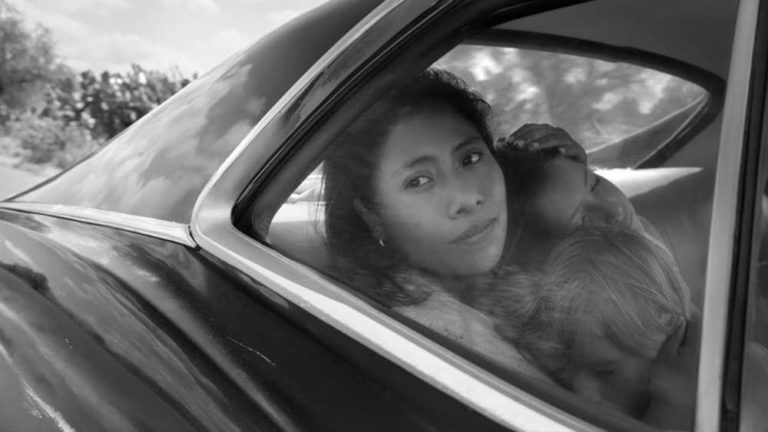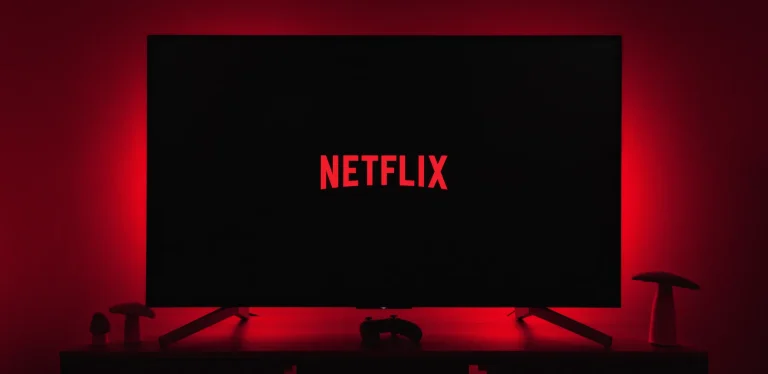With “Ticket to Paradise,” Ol Parker, the critically renowned filmmaker of hit movies like “The Best Exotic Marigold Hotel” and “Mamma Mia! Here We Go Again,” has once more directed his attention toward joy and love. Hollywood royalty George Clooney and Julia Roberts return in this endearing romantic comedy as a divorced couple who work together to prevent their daughter from making the same mistake they think they once did.
Conversation with Ol Parker
The news recently had the pleasure of speaking with Ol Parker regarding “Ticket to Paradise,” his directing style for romantic comedies, and the particular difficulties and benefits of creating a narrative about a second-chance romance for the big screen. Getting the go-ahead from two A-list actors may be a pivotal moment for any filmmaker in the Hollywood industry. The director of the new movie “Ticket to Paradise,” Ol Parker, recently gave an account of the thrilling process of landing Julia Roberts and George Clooney for his project.
The Crucial Call: Enlisting Clooney and Roberts
Parker took a leap of faith to start the journey. Parker, who wrote the screenplay, especially for Clooney and Roberts, set out on an intimidating project. Parker knew that both performers’ participation was essential to accomplishing his idea, so he sent the script to them simultaneously. Parker, however, experienced a mixture of excitement and anxiety when the call eventually arrived to confirm their participation. The already arduous procedure became much more uncertain when it became apparent that the project would need to be approved again.
Isolation and Immersion: Australian Behind-the-Scenes
A two-week quarantine in Australia during the filming of “Ticket to Paradise” separated the actors and crew from friends and family, among other difficulties. Parker disappeared into filmmaking for six months, yet despite his yearning for companionship, the production turned into a tunnel of concentration and determination. The isolated setting created a fully immersive, distraction-free, and highly creative experience.
Embracing the Enchantment: Crafting Stunning Scenes
The scene where they play beer pong is one of the movie’s best parts; it’s full of spontaneity and enthusiasm. Parker claims that directing this moment was an unmatched experience that surpassed his work on “Mamma Mia.” Using a radio control and a microphone, Parker made his way through the tumultuous set, trying to keep the action flowing and enjoy the spontaneity of the situation at the same time. As a result, every actor added to the scene’s brilliance, demonstrating the collaborative nature of filmmaking.
Editing and Development: Creating the Final Product
“Ticket to Paradise” changed very little in the editing room, which is a credit to Parker’s strong idea. The picture underwent significant tightening and refining, but the core plot did not change. Parker considers the collaborative nature of editing and gives credit to his great ensemble for making the script come to life.
Managing Directing Dynamics: Handling Various Styles
Parker takes a fluid approach to acting, making tweaks to suit the unique requirements of each actor. Some actors prefer a more hands-off approach, while others flourish under intense supervision. Parker plays a supportive position alongside seasoned pros like Clooney and Roberts, providing occasional advice and moderate coaching while letting the actors show off their skills.
Beyond the Laughter: Ol Parker’s Legacy in Rom-Coms
With “Ticket to Paradise,” Ol Parker, the critically renowned filmmaker of hit movies like “The Best Exotic Marigold Hotel” and “Mamma Mia! Here We Go Again,” has once more directed his attention toward joy and love. Hollywood royalty George Clooney and Julia Roberts return in this endearing romantic comedy as a divorced couple who work together to prevent their daughter from making the same mistake they think they once did.
The Road Ahead: Goals and Expectations
Parker is still concentrating on his next endeavor, a movie he wrote and intended to produce. Parker is optimistic despite the impending financial difficulties because he loves telling stories and wants to see his idea come to life on film.
To sum up, Ol Parker’s experience making “Ticket to Paradise” is proof of the thrilling peaks and difficult pitfalls of the film industry. Parker’s expertise provides priceless insights into the film industry, from getting two Hollywood luminaries to participate to negotiating the production complications. Parker’s observations offer a view behind the scenes of Hollywood magic as fans await the premiere of “Ticket to Paradise,” emphasizing the commitment, creativity, and dedication necessary to bring a cinematic vision to life.





